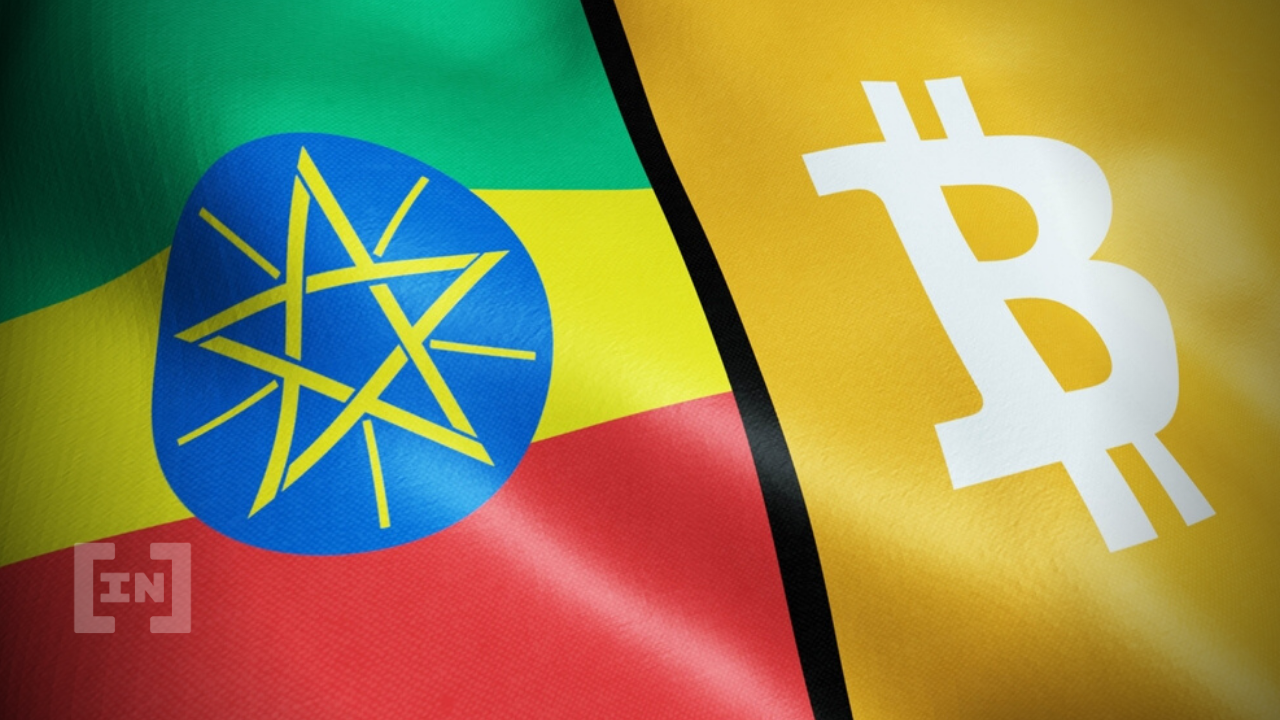
Ethiopia’s central bank released a statement today calling Bitcoin “illegal,” prohibiting the use of any other currency except the Birr for all transactions.
Unlike its western neighbor the Central African Republic which embraced bitcoin as legal tender, raising concerns from the International Monetary Fund, the National Bank of Ethiopia (NBE) does not recognize virtual currency, it said in an announcement Monday.
“Ethiopia’s national currency is the Ethiopian Birr, with any financial transaction in Ethiopia to be paid in Birrs, according to the law,” the bank said in a statement to state-affiliated news outlet Fana Broadcasting Corporate.
While the bank recognizes the growth of bitcoin use in the East African country, it is adamant that it has never granted permission for citizens to use the currency for transactions and payments, warning about negative consequences for those who do. It has adopted this stance because it believes that virtual currency is being used to conduct informal financial activities and money-laundering in the country.
One Twitter user claiming to be from the Financial Services sector in Ethiopia, tweeted, “Why this Happening in Ethiopia it Supposed to Approve Crypto Currencies & Legitimate Digital Currencies To Fully Functionable in Ethiopia, Not All Users use it for corruptions,” tagging Abiy Ahmed Ali, the Prime Minister of the Federal Republic of Ethiopia.
The announcement comes as Octagon Networks, a cybersecurity firm offering services from the country’s capital Addis Ababa, recently converted all of its liquid assets to bitcoin.
Cardano hoping to pioneer payments network in Ethiopia
In April 2021, the Ethiopian government pioneered an initiative with Input-Output Global, the company responsible for the Cardano blockchain, to create decentralized digital student and teacher IDs. Three weeks ago, IOG announced that it was ready for the implementation phase that would initially see 1 to 2 million students and teachers benefitting en route to the target of 5 million students, and 750,000 teachers.
Cardano’s end goal is to create a payment network within Ethiopia before branching out to the rest of the African continent.
Varied approaches to digital assets in Africa
Africa’s approach to digital currencies has been fragmented. In April this year, the Central African Republic, one of the world’s poorest nations, made bitcoin legal tender. Cameroon, the Democratic Republic of the Congo, and the Republic of Congo entered into talks with the TON Foundation, also in April this year, to launch localized stablecoins with no ties to central banks. “We’re not attempting to replace a national currency, and we’re not aiming to do a CBDC, which is obviously run by a central bank,” a source told Forbes at the time. Nigeria introduced its own central bank digital currency last year, the eNaira.
The NBE encouraged citizens to abstain from using cryptocurrencies and to report any illegal transactions to Ethiopian authorities.
What do you think about this subject? Write to us and tell us!
Disclaimer
All the information contained on our website is published in good faith and for general information purposes only. Any action the reader takes upon the information found on our website is strictly at their own risk.
This news is republished from another source. You can check the original article here

Be the first to comment